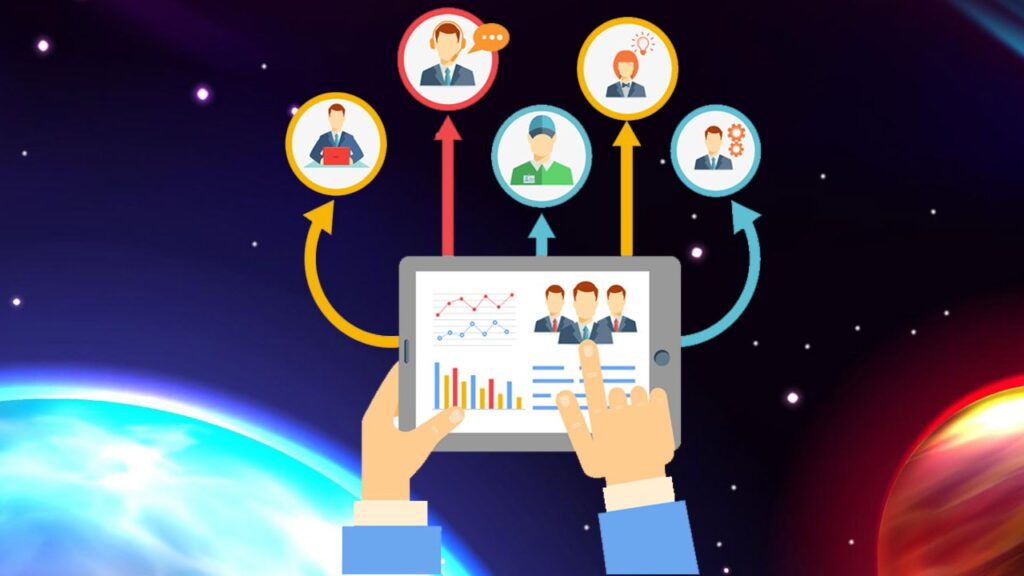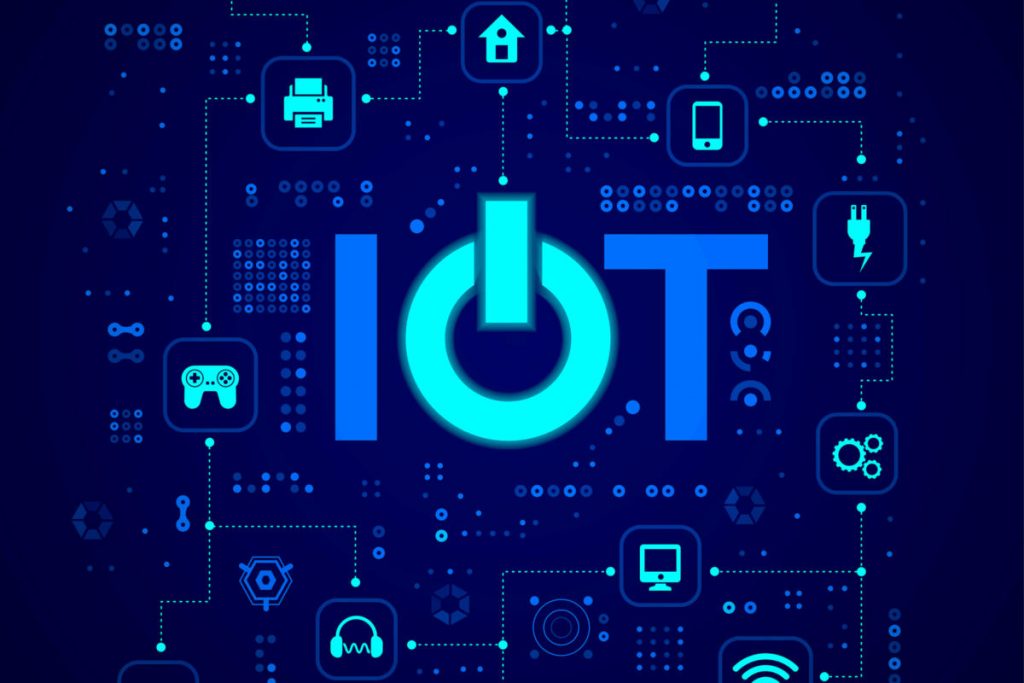The integration of Internet of Things (IoT) technology in the healthcare industry has revolutionized the way medical services are delivered. With IoT devices and solutions becoming increasingly prevalent, healthcare professionals can now monitor patients remotely, collect real-time data, and provide personalized care like never before. In this article, we will explore the potential of IoT and its impact on the future of medical technology.
Read More: 9 Best IoT Devices for Your Home in 2023
Contents
The Rise of IoT in Healthcare

Over the past decade, the use of IoT in healthcare has witnessed exponential growth. From wearable devices that track vital signs to smart home devices that assist the elderly, IoT has transformed the healthcare landscape. The ability to connect devices and share data in real time has opened up new possibilities for remote patient monitoring, telemedicine, and preventive care.
Improving Patient Care with IoT
Remote Patient Monitoring
One of the key advantages of IoT in healthcare is remote patient monitoring. Through connected devices, healthcare providers can monitor patients’ health conditions and track vital signs from a distance. For example, a patient with a chronic condition such as diabetes can wear a continuous glucose monitor that sends data to their healthcare provider in real time. This allows for proactive interventions and timely adjustments to treatment plans.
Enhanced Patient Safety
IoT devices play a crucial role in enhancing patient safety within healthcare facilities. For instance, smart hospital beds equipped with sensors can detect patient movement and automatically adjust the bed position to prevent falls. Similarly, IoT-enabled medication dispensers can remind patients to take their medication at the right time, reducing the risk of medication errors.
Personalized Medicine
IoT enables the collection of vast amounts of patient data, which can be analyzed to deliver personalized medicine. By leveraging artificial intelligence and machine learning algorithms, healthcare providers can gain valuable insights into individual patient health patterns and make informed decisions. Personalized medicine has the potential to improve treatment outcomes and reduce healthcare costs.
IoT Challenges in Healthcare

While IoT has immense potential, its implementation in healthcare is not without challenges. Here are a few key hurdles that need to be addressed:
Data Security and Privacy
As IoT devices collect sensitive patient data, ensuring robust data security and privacy is of paramount importance. Healthcare organizations must invest in secure infrastructure, encryption technologies, and protocols to safeguard patient information from unauthorized access.
Interoperability and Standardization
The lack of interoperability and standardization among different IoT devices and platforms poses a significant challenge. Healthcare providers often deal with multiple vendors and systems that do not seamlessly communicate with each other. Establishing common protocols and standards is essential for the smooth integration of IoT devices in healthcare.
Ethical Considerations
IoT in healthcare raises ethical concerns related to patient autonomy, consent, and data ownership. Clear guidelines and regulations must be in place to address these ethical dilemmas and protect patients’ rights.
Read More: How Strenuous Exercise can Lead to Better Health
FAQs
1. How does IoT benefit healthcare? IoT in healthcare enables remote patient monitoring, enhances patient safety, and facilitates personalized medicine, leading to improved patient care outcomes.
2. What are the security risks associated with IoT in healthcare? The main security risks include data breaches, unauthorized access to patient information, and potential manipulation of medical devices.
3. Can IoT devices improve preventive care? Yes, IoT devices can provide real-time data on patients’ health conditions, allowing healthcare providers to identify potential risks and intervene before they escalate into serious health issues.
4. What role does data analytics play in IoT healthcare solutions? Data analytics helps in processing and analyzing the vast amounts of data collected by IoT devices, enabling healthcare providers to derive meaningful insights for diagnosis, treatment, and care management.
5. How can interoperability challenges in IoT healthcare be addressed? Standardization of protocols and the adoption of common data formats can address the interoperability challenges among different IoT devices and platforms.
6. What are the future prospects of IoT in healthcare? The future prospects of IoT in healthcare are promising, with advancements in AI, machine learning, and edge computing expected to drive innovation and improve patient care outcomes.
Conclusion
The integration of IoT in healthcare is poised to revolutionize medical technology and improve patient care outcomes. With remote patient monitoring, enhanced patient safety, and personalized medicine, IoT has the potential to transform the way healthcare services are delivered. However, challenges related to data security, interoperability, and ethical considerations need to be carefully addressed to fully harness the benefits of IoT in healthcare. As technology continues to advance, the future of medical technology looks promising, with IoT playing a vital role in shaping the healthcare industry.



